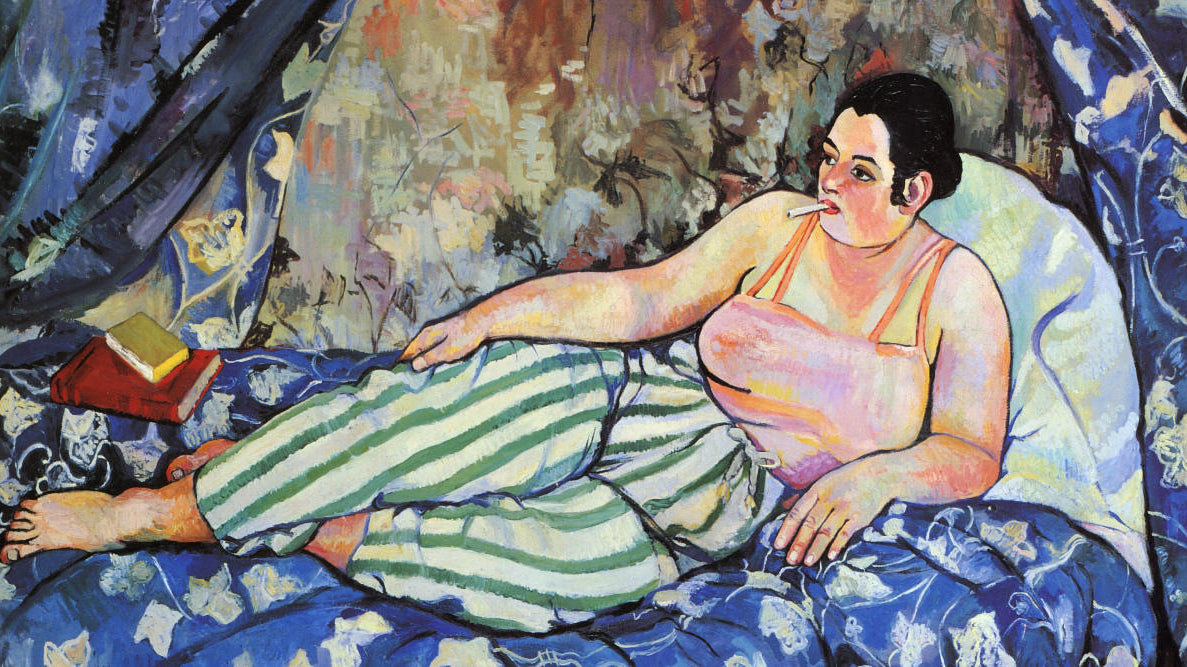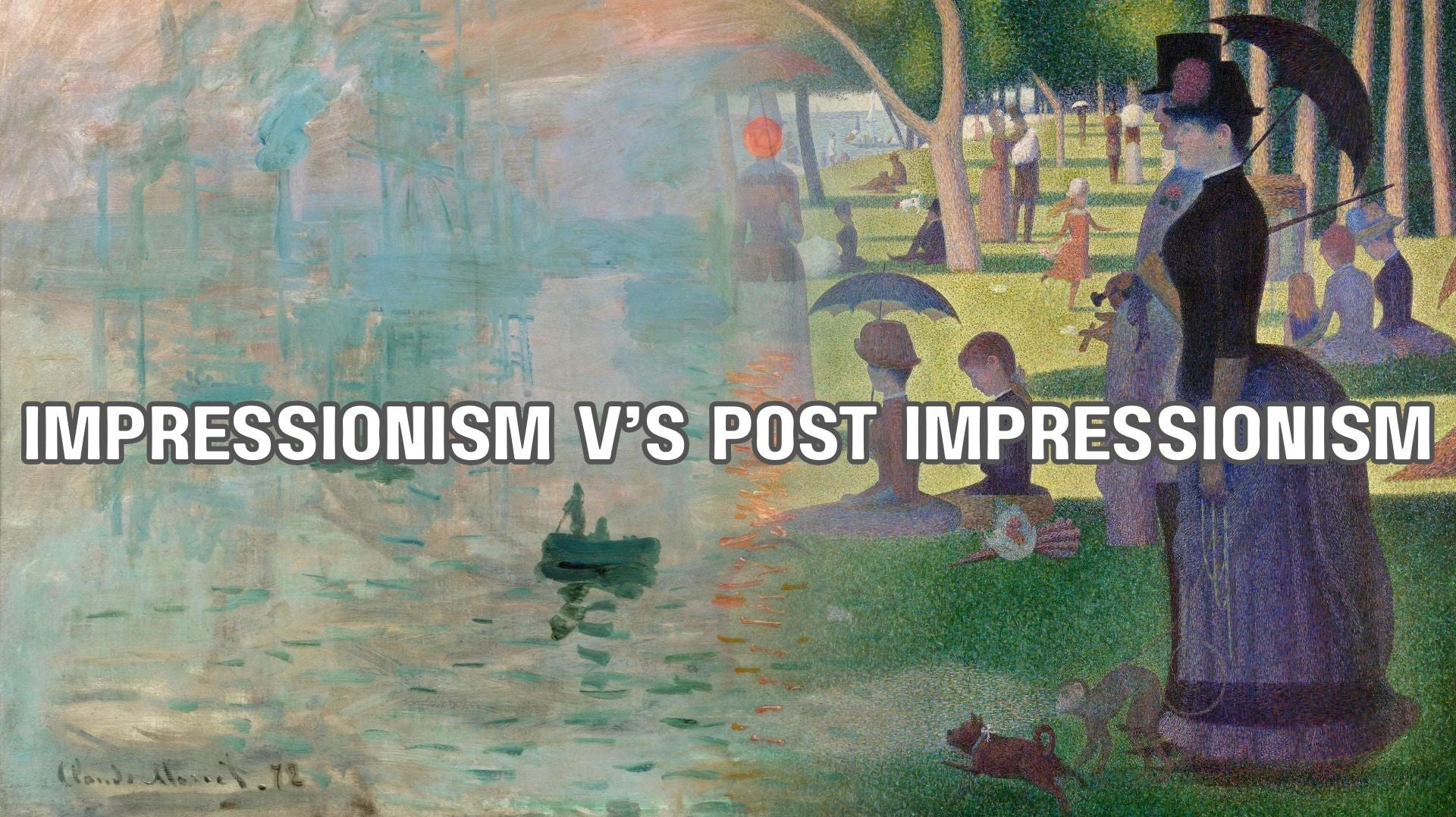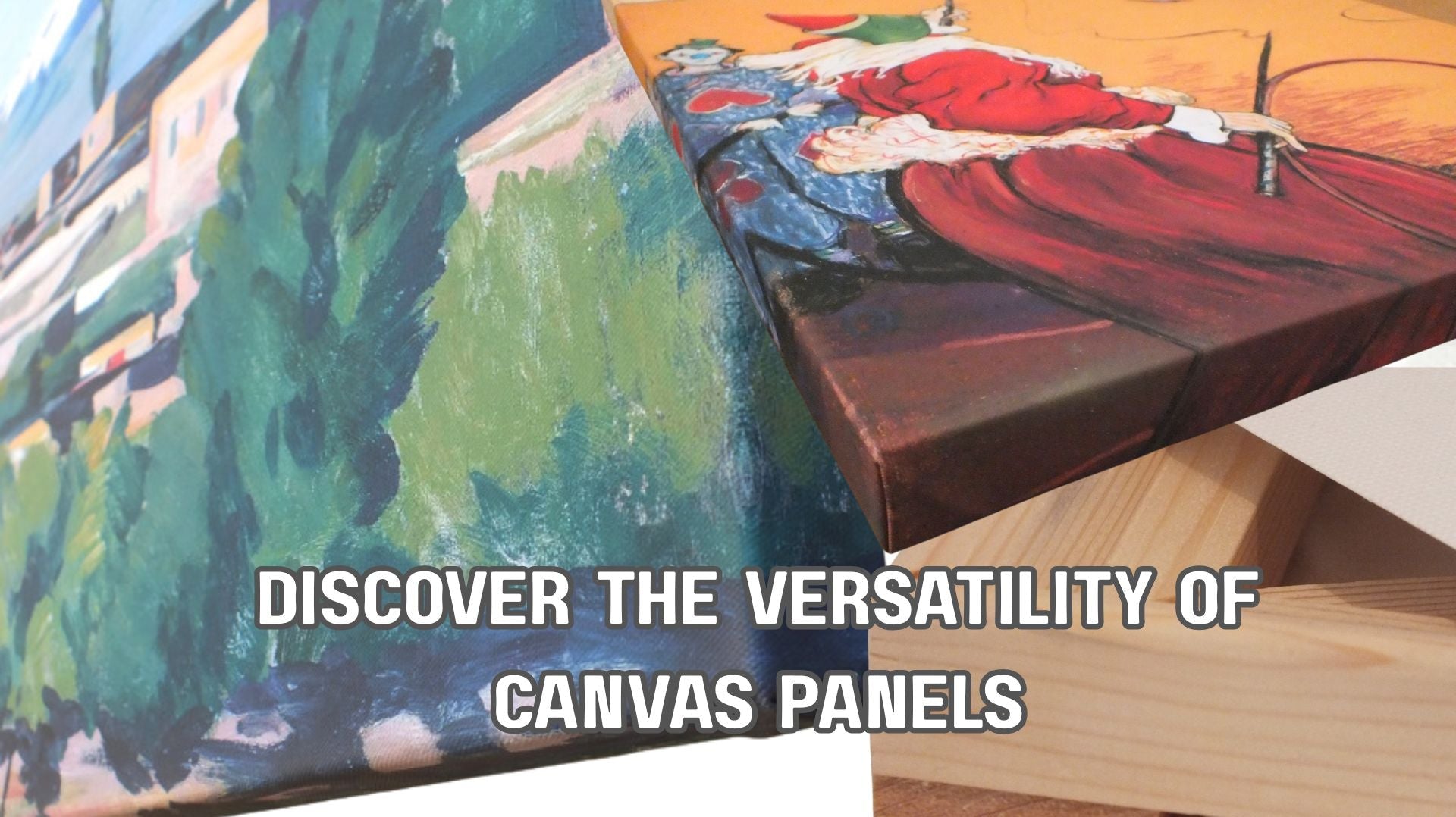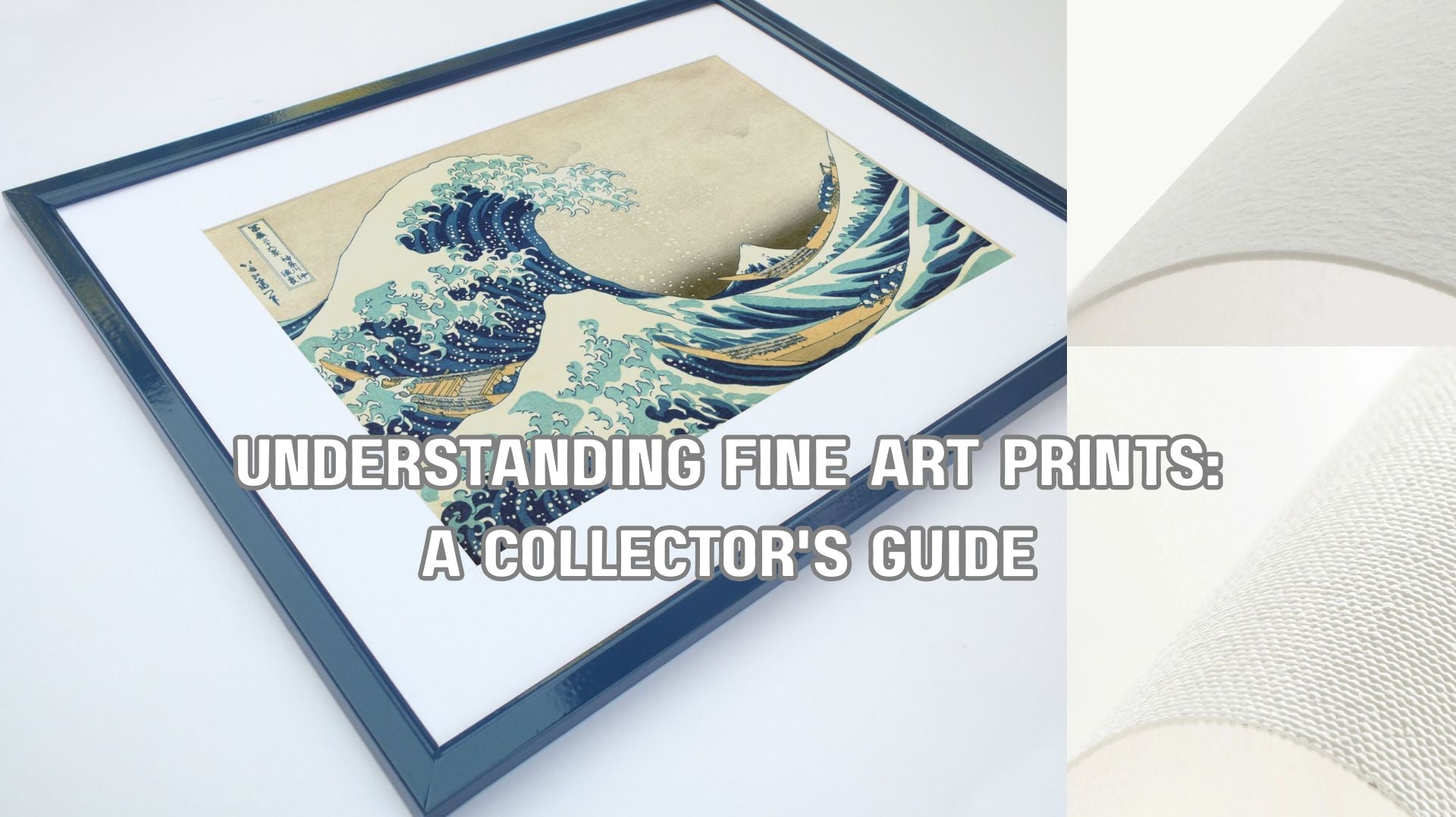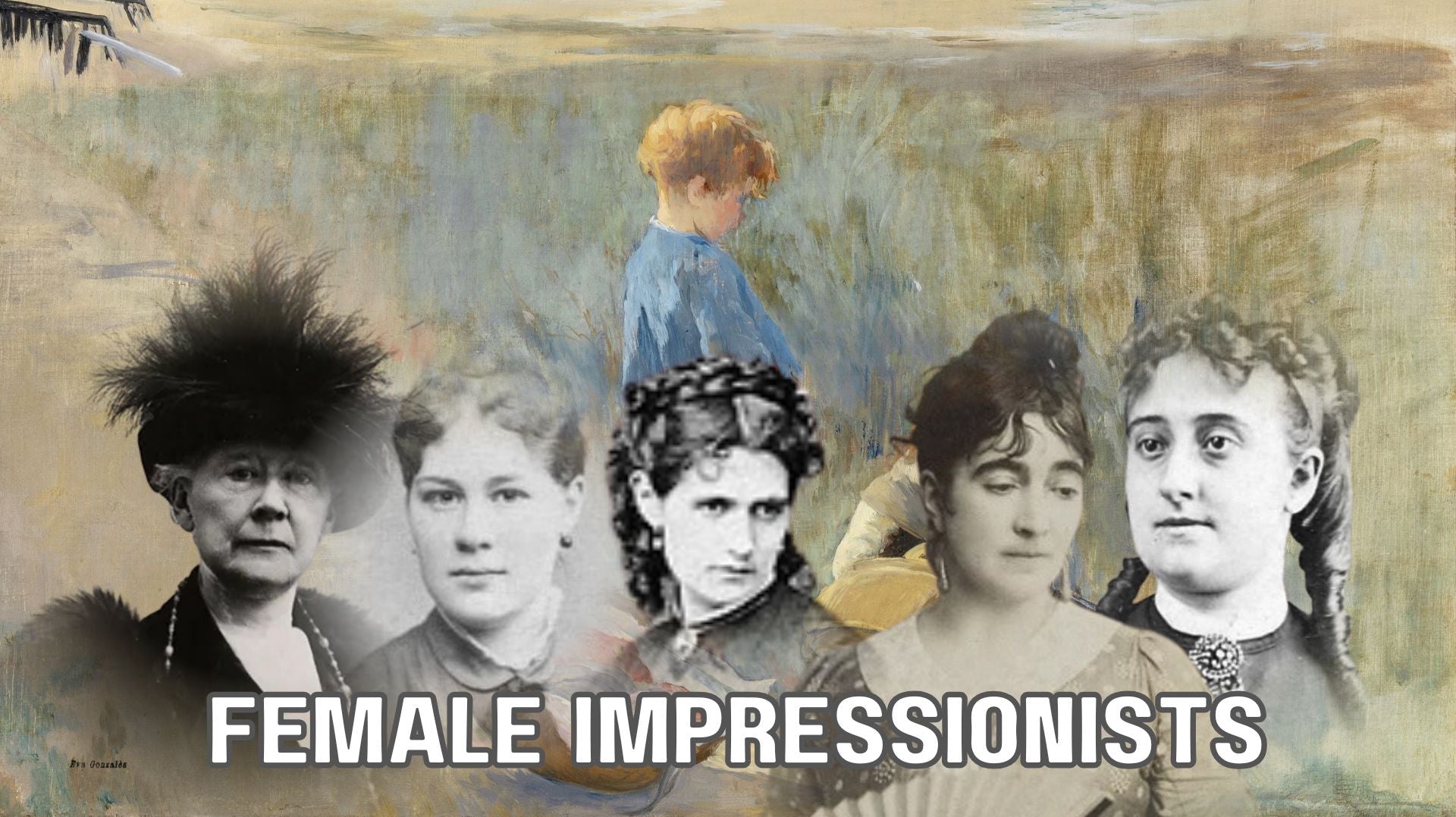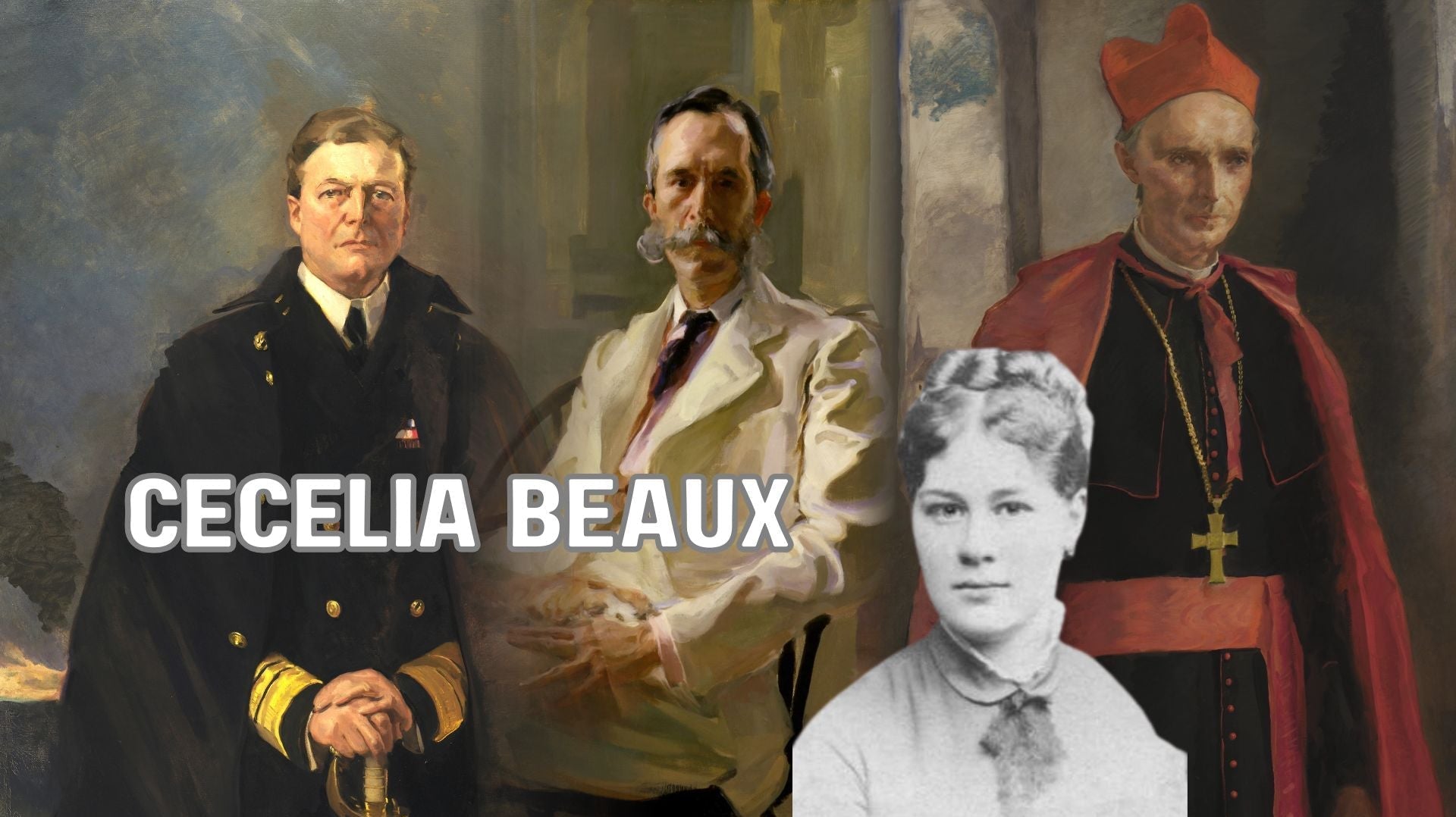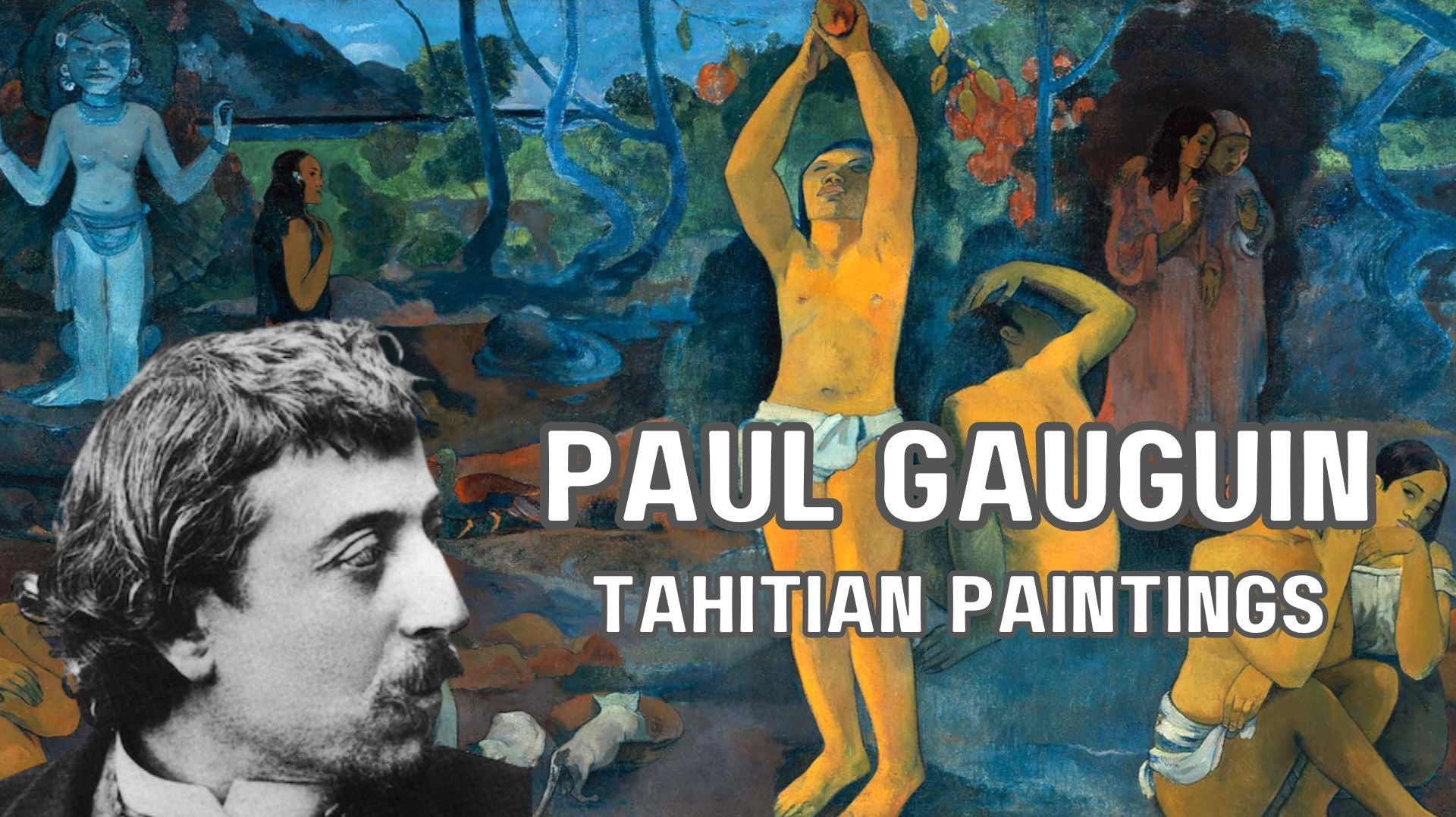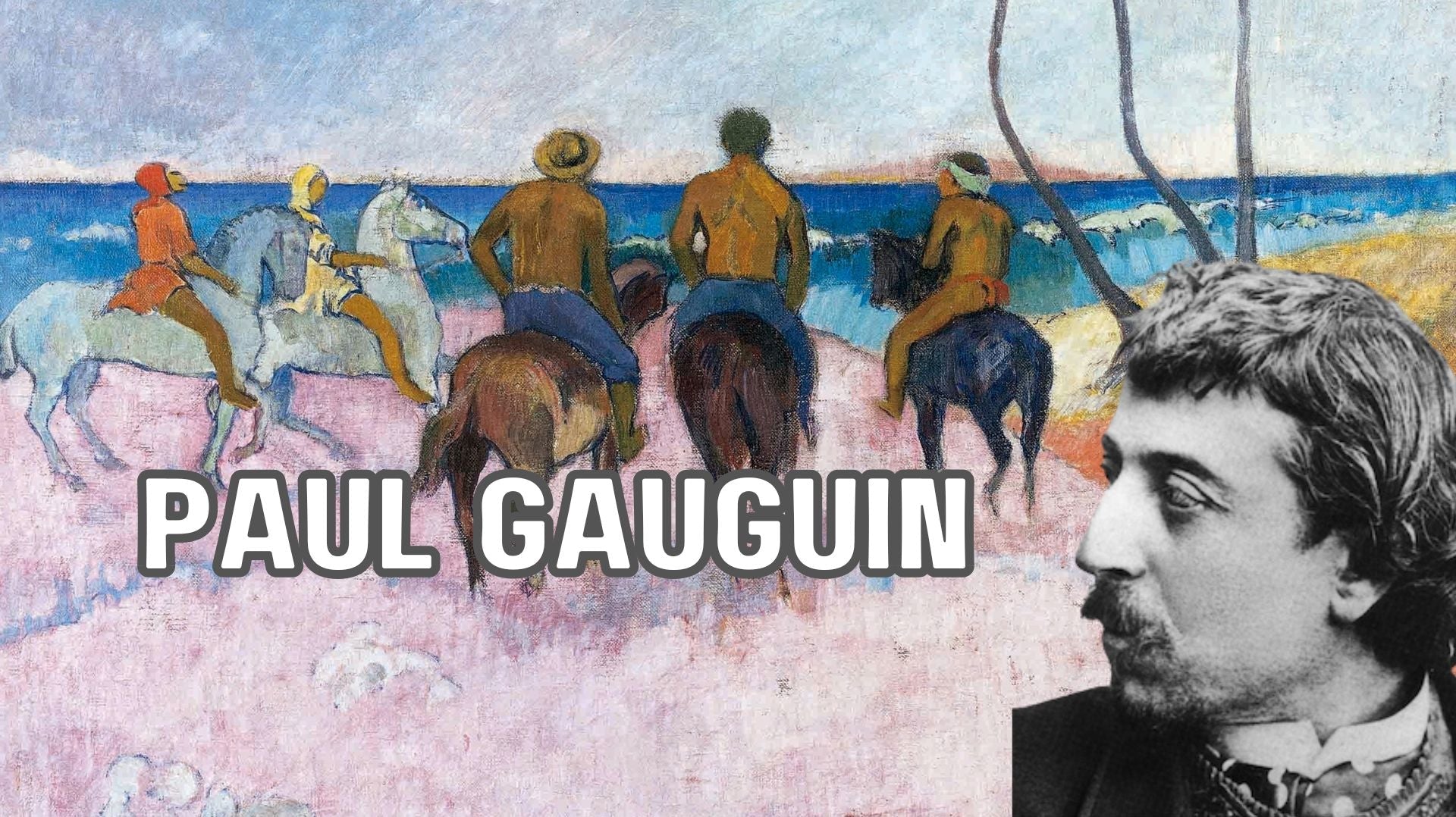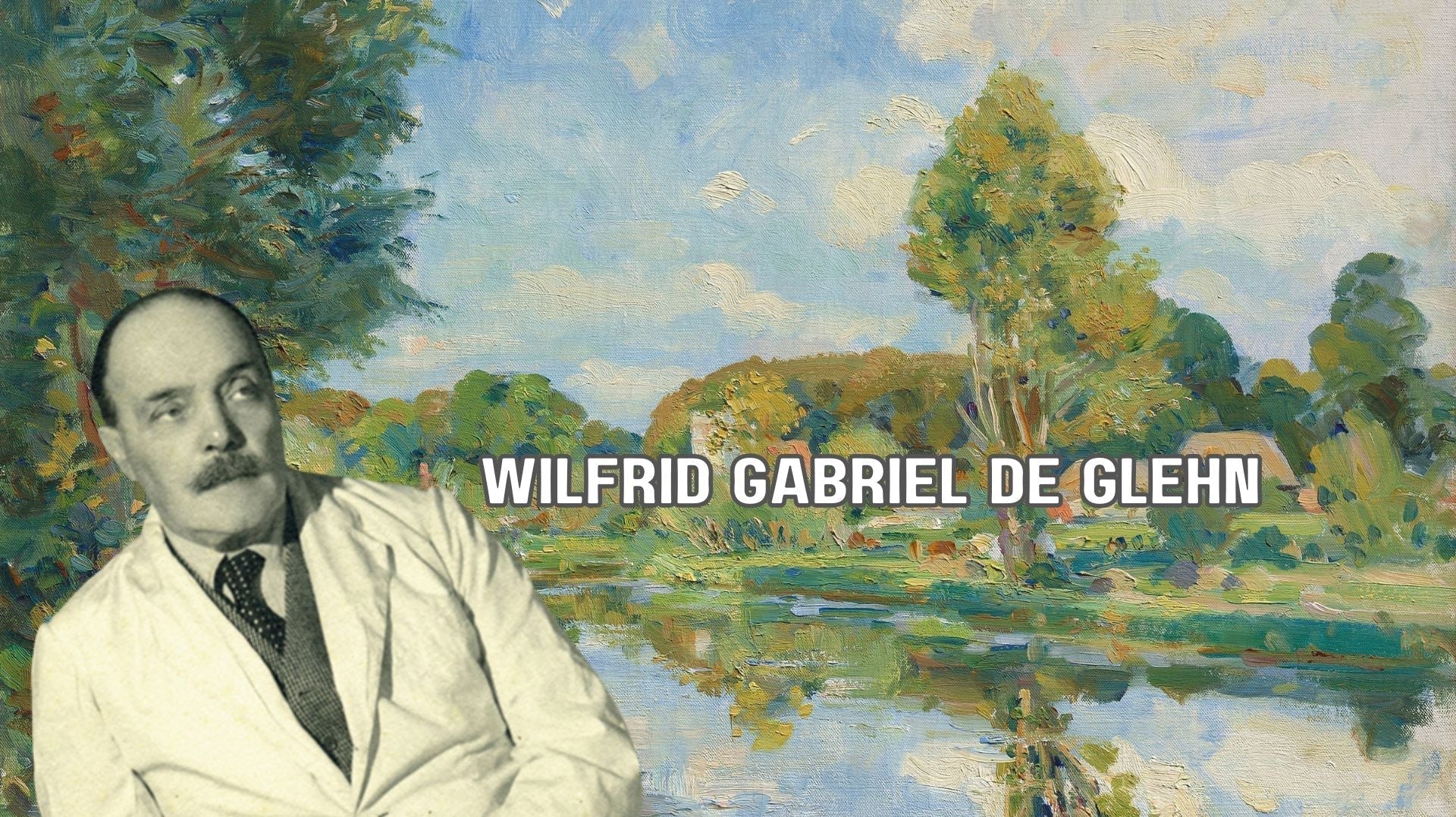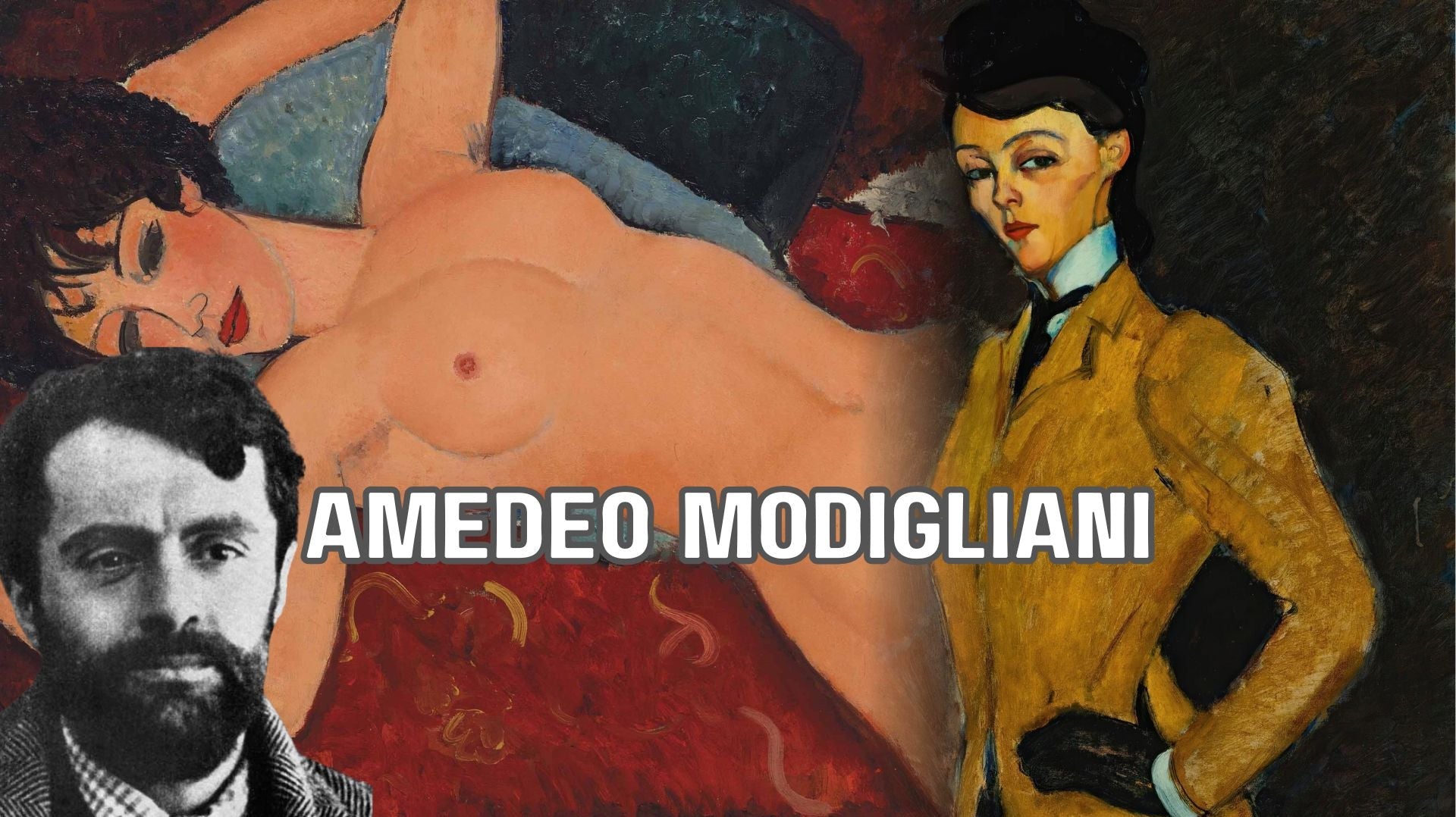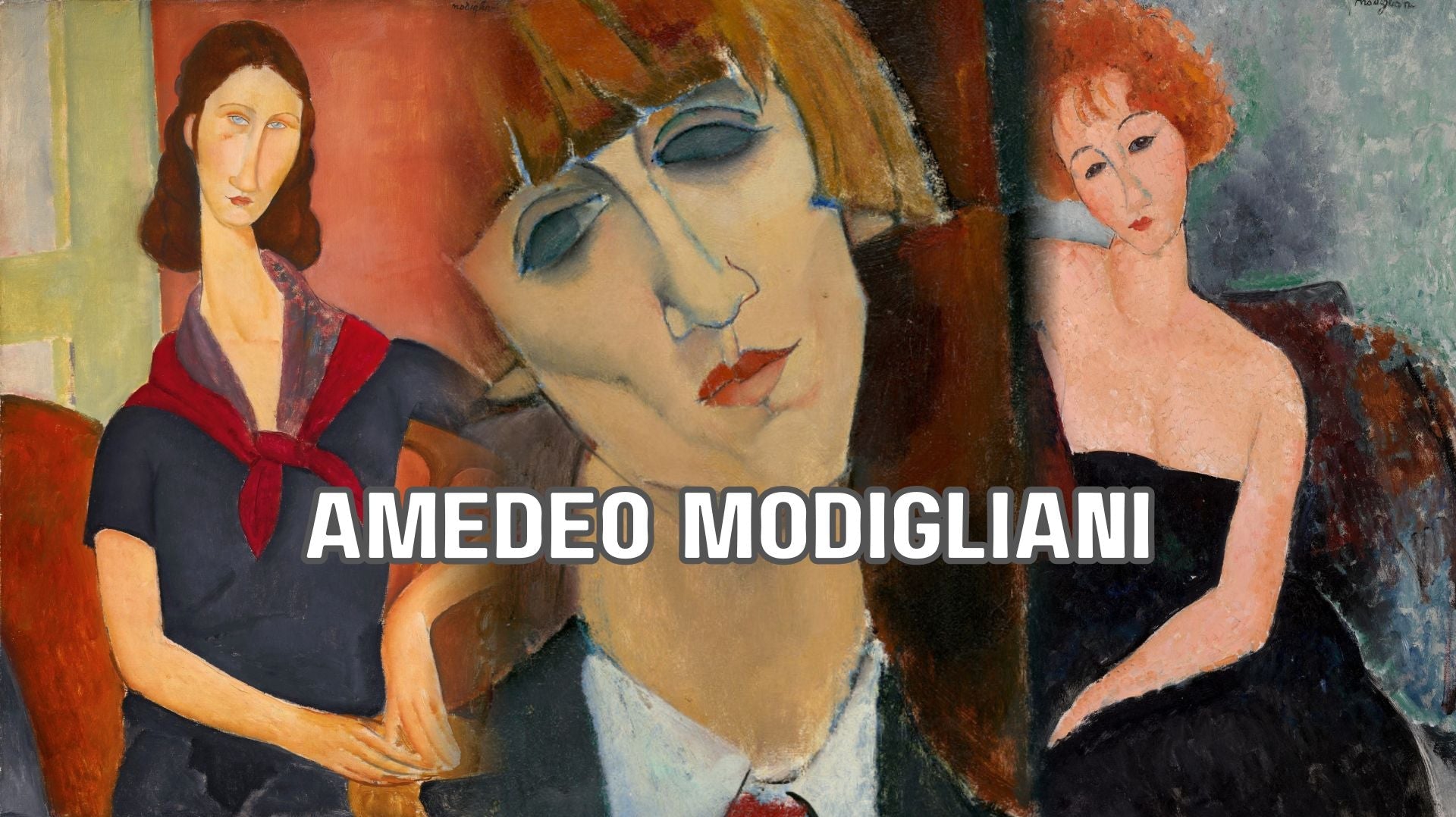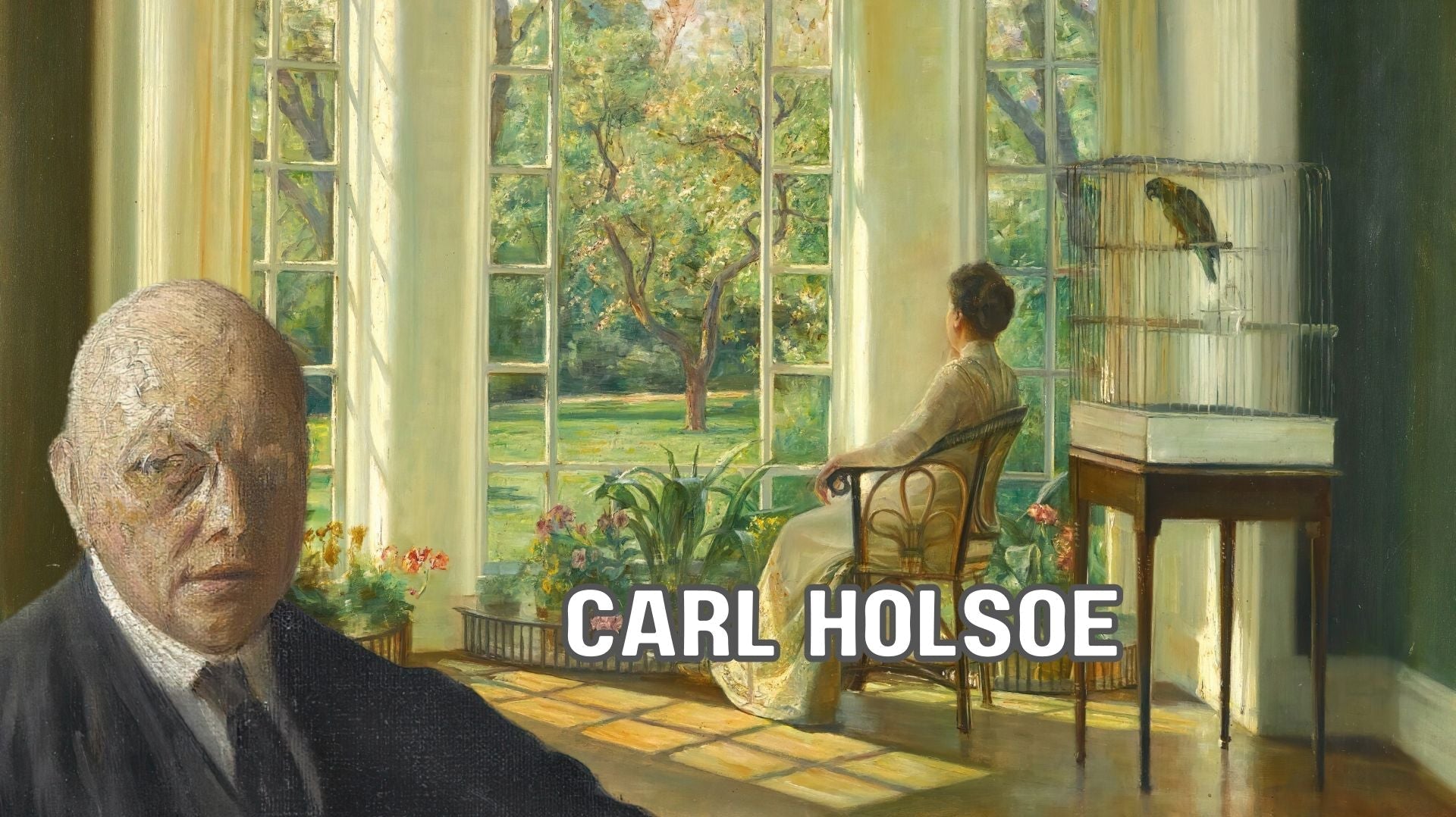Art News and Articles
The Blue Room by Suzanne Valadon: A Feminist Masterpiece of Early Modern Art
Suzanne Valadon’s The Blue Room (1923) is a groundbreaking modernist painting that reimagines the female figure through bold color, post-Impressionist style, and a feminist lens. Depicting a confident woman at ease in a richly decorated interior, the work challenges traditional nudes and asserts female autonomy. Discover the story behind this iconic artwork at the Centre Pompidou.
Impressionism v's Post-Impressionism: A Timeless Revolution in Art
Explore the vibrant worlds of Impressionism and Post-Impressionism at GalleryThane. Discover how these groundbreaking movements revolutionized art with their emphasis on light, emotion, and vivid color. Our curated collection features museum-quality prints from iconic artists like Monet, Van Gogh, and Cézanne, bringing timeless beauty and artistic innovation into your home with unparalleled quality and style.
Discover the Versatility of Canvas Panels: A Guide by GalleryThane
Discover the versatility of canvas panels with GalleryThane’s expert guide! Lightweight, affordable, and durable, canvas panels offer a modern, frameless aesthetic that complements any décor. Learn how to choose the perfect piece, creative ways to display them, and why GalleryThane’s high-quality, vibrant prints are a favorite among art lovers and interior designers alike.
Understanding Fine Art Prints: A Collector's Guide by GalleryThane
Discover the world of fine art prints with GalleryThane's comprehensive guide. Learn how high-quality giclée prints capture exceptional detail and vibrant colors that last for decades. Explore the benefits of choosing fine art prints for affordability and accessibility, and get tips on selecting the perfect piece to enhance your space with lasting beauty and style.
Spotlight on Female Impressionists: Wall Art Celebrating Women in Art
Discover the remarkable contributions of female Impressionists, including Berthe Morisot, Mary Cassatt, and Eva Gonzalès. Learn about their biographies, unique painting styles, and their impact on the art world. Explore stunning art prints that celebrate these pioneering women and their ability to capture light, color, and everyday life with breathtaking beauty.
The Paintings of Cecilia Beaux: A Master of Portraiture
Cecilia Beaux was a pioneering American portraitist, blending Impressionist light with academic realism. Her refined brushwork and keen psychological insight brought her subjects to life. Explore her most famous works, including Sita and Sarita, and discover how her luminous paintings continue to captivate audiences worldwide.
Paul Gauguin’s Tahitian Paintings: A Vision of Color and Mythology
Paul Gauguin’s Tahitian paintings, including Where Do We Come From? and Two Tahitian Women, revolutionized modern art with their bold colors, spiritual symbolism, and dreamlike compositions. His depictions of Polynesian life remain both celebrated and debated, influencing movements like Fauvism and Expressionism while raising questions about cultural representation.
The Paintings of Paul Gauguin: A Journey Through Color and Symbolism
Paul Gauguin’s paintings revolutionized modern art with bold colors, symbolic imagery, and a departure from traditional European styles. From Vision After the Sermon to Where Do We Come From?, his works—especially those created in Tahiti—remain iconic. Explore Gauguin’s artistic evolution and lasting influence on Post-Impressionism and modernism.
The Paintings of Wilfrid Gabriel de Glehn: British Impressionism
Wilfrid Gabriel de Glehn, a notable British Impressionist painter, is celebrated for his luminous landscapes and expressive portraits. Influenced by his collaboration with John Singer Sargent, de Glehn's works masterfully capture light and atmosphere, contributing significantly to the British Impressionism movement. His legacy endures through esteemed collections worldwide.
The Most Expensive Amedeo Modiglianis Paintings Ever Sold
Discover the most expensive Amedeo Modigliani paintings ever sold, including record-breaking nudes and portraits. Learn about their artistic significance and the astronomical prices they fetched at auctions.
The Paintings of Amedeo Modigliani: A Comprehensive Exploration
Amedeo Modigliani's paintings, celebrated for their elongated forms and emotive depth, blend classical elegance with modernist abstraction. His iconic portraits and nudes, including "Nu Couché" and "Portrait of Jeanne Hébuterne," continue to captivate art lovers, securing his legacy in the history of modern art.
The Timeless Elegance of Carl Holsøe: A Master of Interior Painting
Discover the timeless beauty of Carl Holsøe's interior paintings, celebrated for their exquisite use of light and serene compositions. Explore his famous works, including "Sunshine in the Living Room," "Reflections," and "Sunlit Breakfast." Learn about Holsøe's unique artistic style and his influence on Danish interior painting.

